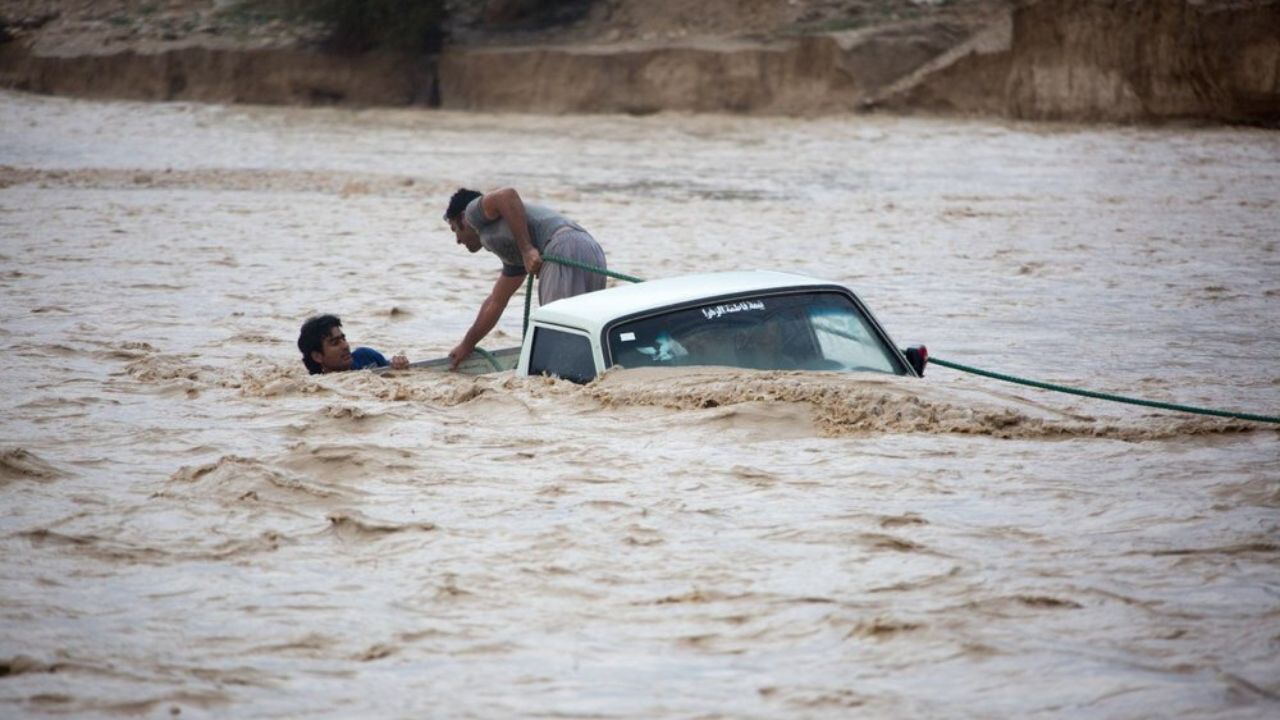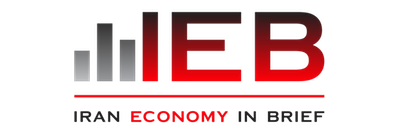
It has been one of the worst Norouz holidays for most Iranians. Heavy rain started a few days before the new year and extended until the end of the holidays. Within two weeks, more than 70 people lost their lives. Several cities, towns and villages were hit by heavy floods.
The Ministry of Agriculture of Iran estimates that damages to the agricultural sector cost more than 47,000 billion rials (about 342 million USD).
In its report, the Ministry says that Golestan Province, in the north of Iran, has been mostly hit by flood.
This damage has been mainly among Golestan Province (34%), Khuzestan Province (south-east of Iran) 13%, Mazandaran Province (on Caspian Sea) 12%, Lorestan Province (West of Iran) 11%, Fars Province (the capital being Shiraz) 6%.
In addition, 15000 livestock have been lost and this is expected to lead to further shortages in the meat market.
Even airlines in Iran were influenced by the flood during Norouz time. According to the Iran Chamber of Commerce, the number of domestic and international flights during this Norouz period fell by 20 and 50 percent, respectively; compared to the new year holiday a year ago.
Due to vast floods in Iran, people were warned to avoid traveling in this period. The government also announced that passengers who cancel their trips are not subjected to any cancelation fees.
The Head of the Iranian Airlines Association, Maqsud Asaadi-Samani, says that all passengers who canceled their flights were fully refunded and this has caused a very big loss for the air passenger carriers.
Although, Mr Assadi-Samani admits that this fall in number of flights, particularly international ones, has also been due to the instable and fragile current economic situation in Iran.
Following the fluctuations at the exchange rate market and devaluation of the rial, the government had banned the import of several goods to the country. Many production lines had to stop their operation as they could not supply the raw material needed.
Now the government has permitted the import of capital goods and raw material up to 300 million euros. The new regulation suggests that each importer can trade goods up to 30,000 euros without needing to exchange value, i.e. without transferring it to Iran or from Iran. While previously all traders were obliged to sell or buy their foreign currencies at the governmental forex platform, called NIMA, now this requirement has been removed for up to 30,000 euros.
